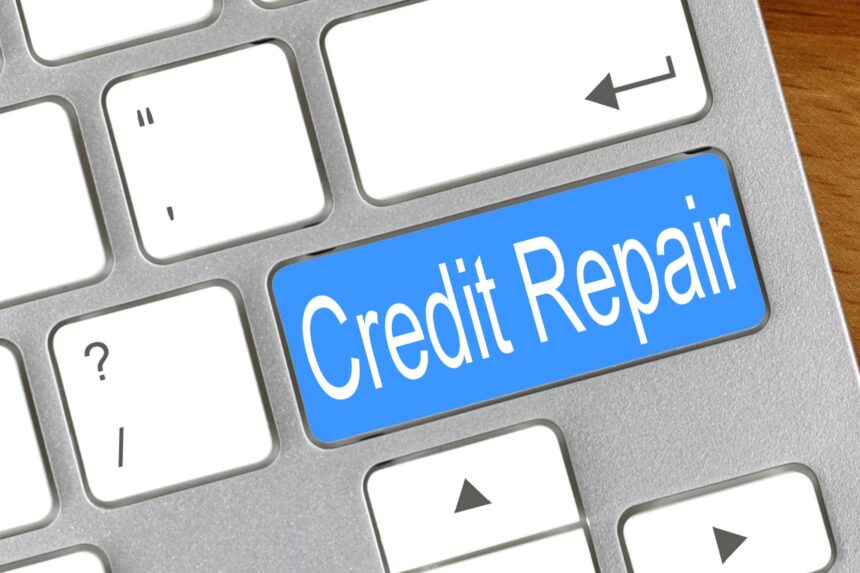How to Kickstart Credit Repair and Improve Your Credit Score
Your financial well-being is dependent upon having good credit. Not only can bad credit cost you money in the form of interest rates, it can also be responsible for preventing you from qualifying for large purchases or loans. Credit repair is a way to take control of your credit and build a better credit score. Here’s an outline of how to kickstart your credit repair and improve your credit score.
Understand Your Credit Score
Before you can repair anyone’s credit, it is important to understand the significance and components of your credit score. Your credit score is based on a range of 300 to 850, the higher the score being the better. The three credit bureaus, Equifax, Experian, and TransUnion collect financial information about individuals and businesses and generate credit scores based on the data they acquire. A good credit score helps you qualify for a loan more easily and at a lower interest rate than a bad score. The five components that affect your credit score are payment history, length of credit history, types of credit used, total credit balances, and credit inquiries, these five together compose 35%, 30%, 15%, 10%, and 10% of your overall credit score, respectively.
Get a Copy of Your Credit Report
The first step in the credit repair process is to order a free credit report from one or all of the three major credit bureaus. A reputable credit monitoring service or one of the government-sponsored sites such as AnnualCreditReport.com will be able to provide you with a copy of your credit report. The credit report will contain information on all of your past repayment history, the number of loans or debts you have, and any bankruptcies or foreclosures you have filed.
Look For Inaccuracies
Your credit report should be checked for any inaccuracies. Look for any negative items that may have been reported incorrectly, such as wrong account numbers, incorrect personal information, or accounts that are not yours. If you find any inaccuracies, you should notify the credit bureau in writing and dispute the mistake.
Pay Your Bills On Time
A good credit score is dependent upon on-time payments. You should ensure that all of your bills, such as credit cards, auto loans, and mortgages, are paid on time. Pay off any overdue accounts, and pay more than the minimum amount on any debts you owe. By paying your bills on time and in full, you will be demonstrating your creditworthiness and improvement in your credit score.
Maintain Low Credit Balances
Another way to improve your credit score is to keep your credit balances as low as possible. This will lower your overall debt-to-credit limit ratio, which can help to improve your credit score. Additionally, try to keep your oldest accounts open and active as longer credit histories will generally result in higher scores.
Monitor Changes to Your Credit Score
Finally, make sure to monitor your credit score closely. You should create a tracking system to help you keep an eye on any changes and check it regularly to make sure there are no inaccurate or negative accounts that have not been reported. With the right steps, you will be able to kickstart your credit repair and improve your credit score.

